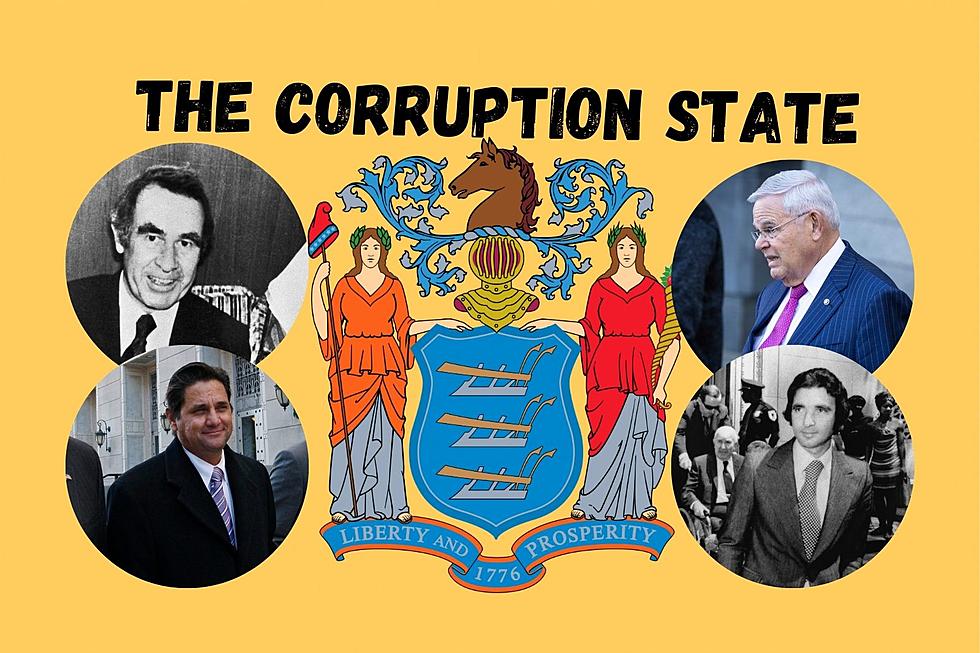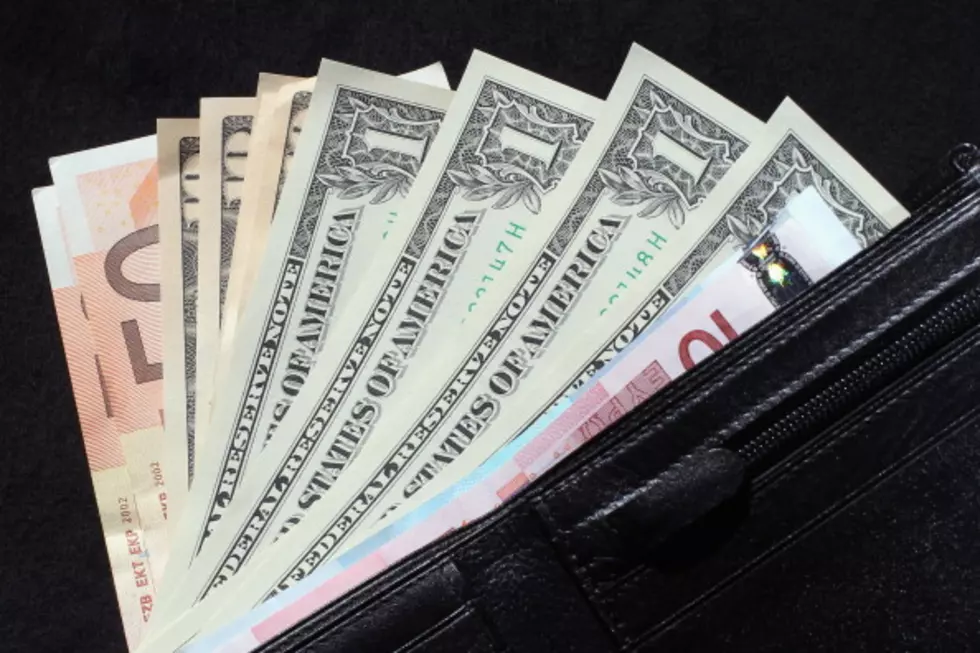
FBI Informant Solomon Dwek Awaits Sentencing
A judge is hearing from attorneys at the sentencing of the informant behind a massive corruption bust in New Jersey.
Solomon Dwek, who pleaded guilty to bank fraud and money laundering, appeared in court in Newark Thursday in shackles. His bail was revoked last year.
Dwek faces a maximum of 40 years in prison for the two counts but is expected to get far less due to his cooperation with the government.
The 40-year-old former real estate investor admitted that in 2006 he tried to deposit two $25 million checks that were drawn on a closed account.
His undercover work led to the arrests of 46 people in 2009. Most have pleaded guilty or were convicted.
THIS IS A BREAKING NEWS UPDATE. Check back soon for further information. AP's earlier story is below.
It started with a drive-in bank window and a bogus $25 million check.
Brazen even by New Jersey standards, Solomon Dwek's actions on April 24, 2006 nevertheless wound up an amusing footnote to what became a massive federal sting that shook New Jersey's political establishment and may have tilted the race for governor.
On Thursday, the man whose secret recordings put dozens of people behind bars faces sentencing for his own crimes.
Compared to the colorful behavior he uncovered, which included black-market kidney sales and public officials stashing cash bribes in slippers and cereal boxes, Dwek's crimes seem almost mundane. As his admitted real-estate Ponzi scheme began to unravel, he deposited two $25 million checks drawn on a closed account and used them to make wire transfers totaling nearly $23 million.
Bank fraud and money laundering, the crimes to which he pleaded guilty, carry a maximum combined sentence of 40 years. However, due to his cooperation with the U.S. Attorney's Office in the corruption sting, Dwek is expected to receive a term of between nine and 11 years.
In keeping with the unpredictable nature of the case, even that range isn't a certainty. This month Dwek's attorneys filed a motion with U.S. District Judge Jose L. Linares to have his sentence reduced even more because, in the opinion of one clinical psychologist, Dwek suffers from mental illness that includes bipolar disorder, anxiety and obsessive-compulsive disorder.
Dwek's wife, Pearl, and some of his six children have written letters to Linares asking for leniency, and describe him as a loving and dependable father figure.
"I greatly await the day he comes home," Dwek's eldest son, Isaac, wrote. "The first thing I want to do is give him a hug. The second is to take him to a Yankees game."
Members of an Orthodox Jewish community in Maryland where Dwek was living before his bail was revoked last year refer to him in letters as a "sincere, religious individual" whose "generous spirit and desire to do good deeds and help others has truly been an inspiration for us all."
In contrast, Linares called him "an extremely cunning liar" when he revoked Dwek's bail after Dwek lied about a rental-car dispute in 2011.
Dwek's undercover activities led directly to the arrests of 46 people in 2009, about half of them public officials accused of taking money from Dwek in his role as corrupt developer David Esenbach. The rest were members of Orthodox communities in New Jersey and New York accused of money laundering through religious charities.
Since then, six defendants were acquitted by juries or had charges dropped, one died and another is a fugitive; the rest were convicted at trial or pleaded guilty, including all the money laundering defendants. Among the latter were five rabbis.
Most of the officials arrested were Democrats, and partisans have charged that Gov. Chris Christie, who as U.S. Attorney initiated the investigation, steered the probe away from prominent Republicans who helped him win the governor's seat. Christie has adamantly denied the charge.
Copyright 2012 The Associated Press.
More From New Jersey 101.5 FM



![Are You Bothered By NJ’s Corruption Stigma? [POLL]](http://townsquare.media/site/385/files/2012/01/Corruption.jpg?w=980&q=75)





